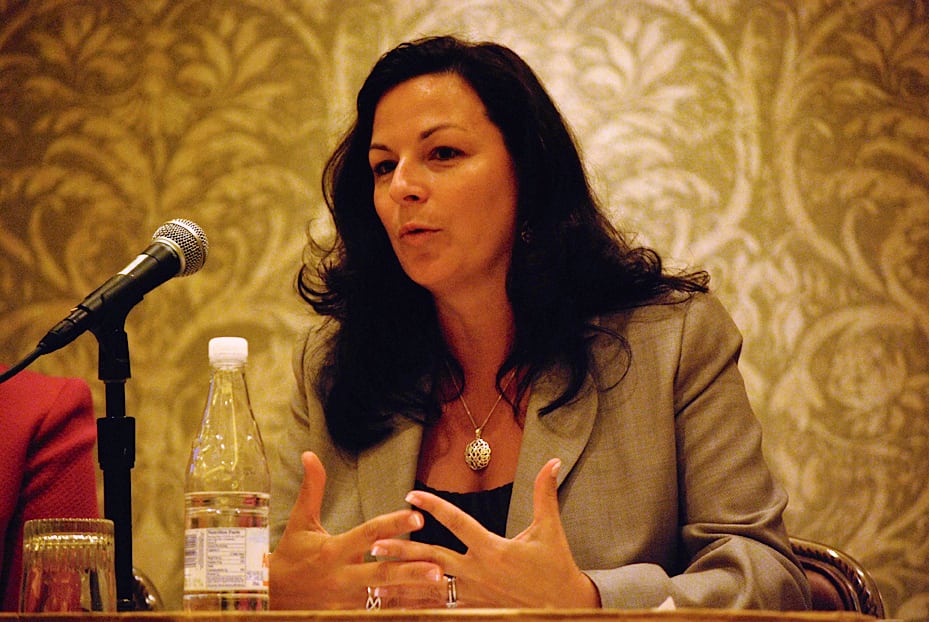Skift Global Forum: Las Vegas CMO Cathy Tull on Travel's Most Iconic Tagline

Skift Take
Las Vegas struck pop culture gold with its "What Happens Here, Stays Here" campaign. It will wisely stick with the tagline and revive it in as many forms as possible until consumers' tastes change.
Las Vegas’ “What Happens Here, Stays Here” slogan is one of the most famous tag lines in modern tourism marketing, and one of the most quoted, talked about, and recognized ad campaigns in any industry.
The phrase has not only been a spark that’s helped drive millions of visitors to Sin City, it’s inspired an Usher song and the trilogy of Hangover movies, been quoted by Laura Bush, closed an Oscar ceremony, and been banned from Super Bowl time slots.
The tagline recently turned ten years old, representing a decade of reinventions that kept the concept fresh throughout the recession and introduce of widespread mobile device usage. Las Vegas Convention & Visitors Authority's chief marketing officer Cathy Tull is tasked with overseeing the tagline's ever-present evolution and aligning it with the city's messaging.
Tull, who has led Las Vegas' successful marketing efforts for the past five years, will speak October 9 about travel's most iconic tagline, "What Happens Here, Stays Here," at the Skift Global Forum on The Future of Travel. Skift caught up with Tull to learn more about how to keep a winning marketing concept fresh and how to reach today's travelers.
Get Your Ticket to the Skift Global Forum
Skift: What is your history in tourism marketing?
Cathy Tull: I’ve been at LVCVA for 10 years, but I actually sta
